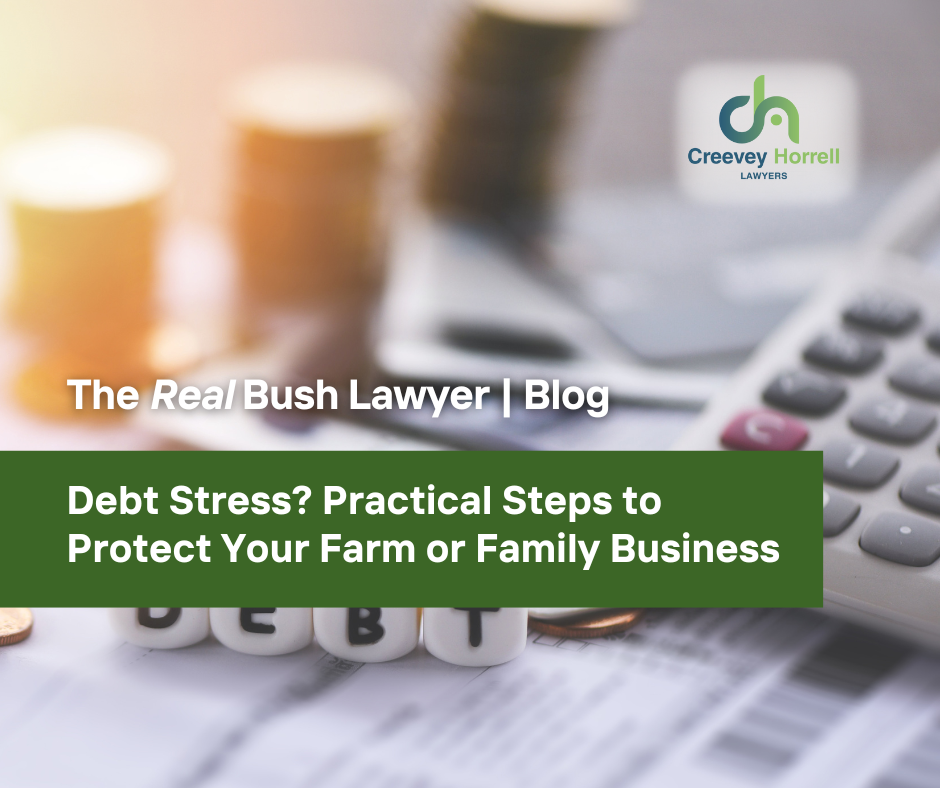26 RECOMMENDED CHANGES TO THE SERIOUS VIOLENT OFFENCES SCHEME
- Creevey Horrell Lawyers

- Nov 18, 2022
- 2 min read
Currently, the serious violent offences (SVO) scheme requires a person convicted of particular offences to serve 80 per cent of their sentence (or 15 years, whichever is less) in prison before being eligible to apply for parole. Critically, a court may still set a longer non-parole period, but not a shorter one. The SVO scheme is a form of mandatory sentencing, but the scheme is not applicable if the sentence is less than 10 years.
In recent times, the Queensland Sentencing Advisory Council’s review of the SVO scheme has determined that the scheme is insufficient in reaching its objectives, making 26 recommendations to the Attorney-General.
In relation to the 80 percent rule within the SVO scheme in the Penalties and Sentences Act 1992 (Qld), the final report recommends changing the scheme to apply to certain serious offences where sentencing is over 5 years’ imprisonment.
Council Chair John Robertson stated that sentencing data demonstrates that only a small number of discretionary declarations have occurred for sentences of less than 10 years under the current SVO scheme.
“Victims of serious offences told us that, when a discretionary declaration is not made in these circumstances, it can profoundly decrease their satisfaction with the sentencing outcome,” Mr Robertson said. “Under a presumptive approach, a court must make a declaration unless it finds that it would not be in the interests of justice to do so. This acknowledges the serious harm these offences cause to victims, survivors and their families, and will likely result in more declarations being made for sentences under 10 years.”
Additionally, there have been various concerns surrounding the SVO scheme’s 80 percent fixed non-parole period due to the short amount of time when serious violent offenders experience supervised parole, as well as the large number of offenders who do not apply for parole.
In accordance with the Sentencing Advisory Council’s proposal, individual circumstances will be considered in judges’ determinations to establish parole eligibility with a range of 50-80 percent.
There are several other critical recommendations that the Sentencing Advisory Council have incorporated in its final report including:
Maintaining serious drug offence sentences to 10 years and more in the SVO scheme to acknowledge the serious harm offences of this nature cause to the community. This threshold is higher than the 5 year threshold for offences involving sexual violence and non-sexual violence to acknowledge differences in the risk posed to the community by these offenders.
Creating a new and separate schedule of offences that would be subject to the scheme. The Council recommends including offences related to child exploitation material, choking, suffocation or strangulation in a domestic setting, and female genital mutilation. Other less serious offences should be removed from the new scheme.
Changing the name to the ‘serious offences scheme’ to better reflect that not all serious offences included in the scheme are violent, for instance serious drug offences.
The Council’s comprehensive review of the SVO scheme included a literature review, extensive data analysis, a review of case law and sentencing remarks, and a cross jurisdictional analysis. The Council also interviewed subject-matter experts and consulted extensively with a range of organisations and individuals, including victims of crime.




.png)




Comments